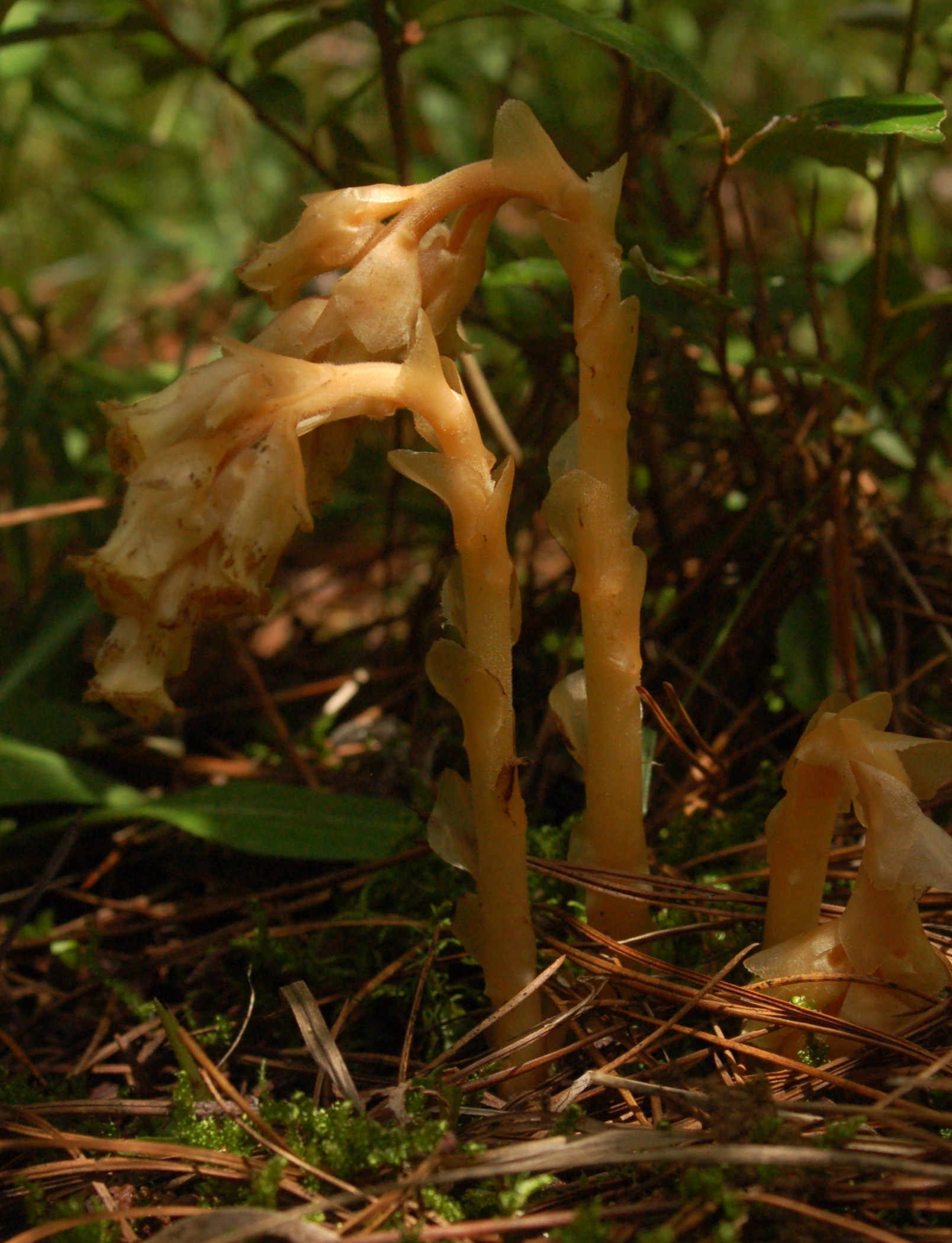Is it even possible that plants with non-green leaves have chlorophyll, and do such non-green leaved plants carry out photosynthesis?
4 Answers
Yes, it is possible, but not necessarily the case.
Non-green leaves with chlorophyl: There are leaves that don't appear green, but do have chlorophyl and therefore can conduct photosynthesis. (See, for instance, refraction effects in white caladiums or the link in the answer by Resonating).
Non-green leaves without chlorophyl: There are leaves that don't appear green because they have no chlorophyl, and so do not conduct photosynthesis. (See, for instance, parasitic plants like the Oronbanche linked by Cactuswoman or this Monotropa)

They do have chlorophyll, at least in general. There are a couple very rare exceptions, but if it can stand up on its own, it contains chlorophyll. The green is just washed out by a very bright red pigment.
All photosynthesis reaction does need chlorophyll,even in cyanobacteria and algae the difference is the type of chlorophyll ( which depends on available wavelength of light and energy efficiency ) fully parasite plants on the other hand doesn't contain chlorophyll and this force them to live as parasites ( keep in mind that we do have half parasitic plants too,which their problem is lack of roots,they do photosynthesis just like other plants ) plants with non-green leafs does contain chlorophyll in some cases even more than green plants ( in my own experience berberis which is a red to alizarin crimson violet shade has more chlorophyll than a greek lettuce) the other pigments are working as helping energy harvesters in photosynthetic reactions, light/shade controllers or simply a survival strategic materials in answer to climate changes,habitat problems and environmental stresses
Parasitic plants such as Orobanche lack chlorophyll and cannot photosynthesize. They obtain all of their energy from paratising another organism.
